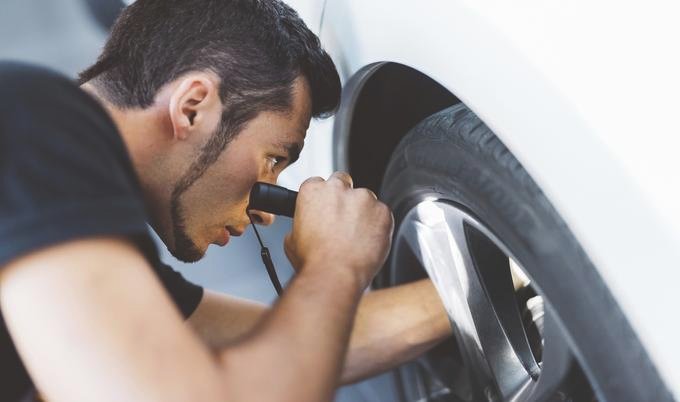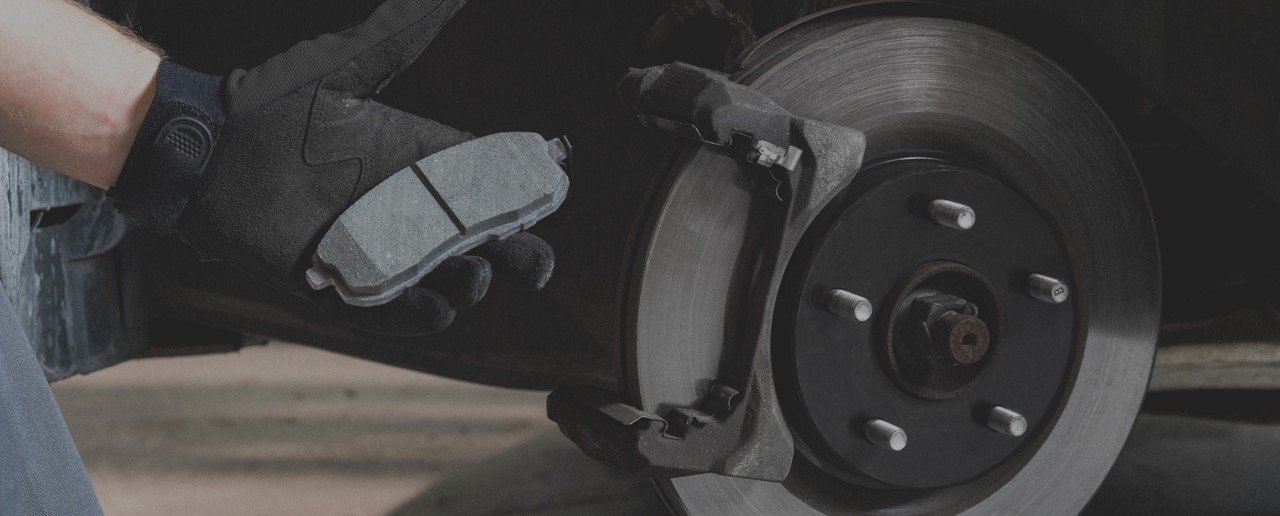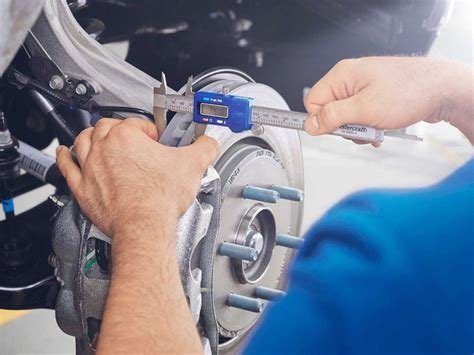When it comes to vehicle safety, brake inspections play a crucial role. A well-functioning brake system ensures that your car stops efficiently and safely, preventing accidents and maintaining control on the road. Regular brake inspections are essential for several reasons.
Brake System Components include brake pads, brake rotors, brake calipers, brake fluid, and brake lines. Each part plays a significant role in the braking process. Regular checks help identify issues early, preventing potential failures and costly repairs.
Why Regular Brake Inspections are Crucial for Vehicle Safety
Regular brake inspections help ensure your vehicle’s braking performance remains optimal. By addressing potential issues before they become serious, you not only enhance safety but also avoid more expensive repairs down the line. Effective braking performance is key to preventing accidents and maintaining overall vehicle safety.

How to Perform a Brake Inspection
Performing a brake inspection involves several key steps:
- Inspecting Brake Pads: Start with a visual check to see if the pads are worn. Use a thickness gauge to measure the remaining pad material. Look for any visible damage or uneven wear.
- Checking Brake Rotors and Calipers: Examine the rotors for surface smoothness. Check for any scoring or grooves that could affect performance. Test the calipers to ensure they function correctly and are not sticking.
- Monitoring Brake Fluid Levels and Condition: Check the brake fluid level and assess its quality. Look for signs of contamination or changes in color, which could indicate a need for replacement.
Signs That Your Brakes Need Inspection

Pay attention to these common symptoms that may indicate brake issues:
- Squeaking or Grinding Noises: Persistent noises when braking can signal worn brake pads or other issues.
- Vibration or Shaking During Braking: If you feel vibrations or shaking in the brake pedal, it might indicate warped rotors or other problems.
- Soft or Spongy Brake Pedal: A brake pedal that feels soft or spongy could mean air in the brake lines or worn-out brake components.
The Costs and Benefits of Professional Brake Inspections
Understanding the costs and benefits of a professional brake inspection is essential:
- Brake Inspection Costs: Prices can vary, but knowing the typical range helps you budget for this crucial service. Factors affecting cost include the type of vehicle and the extent of the inspection.
- Benefits of Professional Inspections: Professionals bring expertise and access to specialized tools, providing a thorough assessment and detailed report. This ensures that any issues are accurately identified and addressed.
DIY Brake Inspection Tips
If you prefer to perform a brake inspection yourself, here are some tips:
- Essential Tools and Equipment: Equip yourself with a brake caliper tool, thickness gauge, and brake fluid tester.
- Safe and Effective Inspection: Ensure your vehicle is properly lifted and supported. Follow safety precautions and consult a professional if you’re unsure about any findings.

Conclusion and Final Recommendations
In summary, regular brake inspections are vital for maintaining vehicle safety and performance. By understanding how to perform inspections, recognizing signs of wear, and knowing when to seek professional help, you can ensure your braking system remains in top condition. Adhering to a regular maintenance schedule and addressing issues promptly will help keep you and your vehicle safe on the road.
FAQs about Brake Inspections
How Often Should You Have Your Brakes Inspected?
Brake inspections should generally be performed every 6 months or 12,000 miles, whichever comes first. Regular checks help ensure your brakes are functioning correctly and can prevent unexpected failures. Consult your vehicle’s owner manual for specific recommendations based on your car’s make and model.
What Are the Common Signs That Your Brakes Need Inspection?
Common signs that your brakes need inspection include squeaking or grinding noises, a soft or spongy brake pedal, and vibration or shaking when braking. If you notice any of these issues, it is crucial to have your brakes inspected as soon as possible.
Can I Perform a Brake Inspection Myself?
Yes, you can perform a basic brake inspection yourself. Check for visible wear on brake pads, inspect rotors for damage, and ensure brake fluid levels are adequate. However, for a comprehensive inspection, it is recommended to consult a professional mechanic.

What Does a Professional Brake Inspection Include?
A professional brake inspection typically includes a detailed assessment of brake pads, rotors, calipers, brake lines, and fluid. The mechanic will check for wear, damage, and performance issues, providing a thorough report on the condition of your braking system.
How Much Does a Brake Inspection Cost?
The cost of a brake inspection can vary, typically ranging from $50 to $150. Factors influencing the cost include the type of vehicle and the extent of the inspection. It is a worthwhile investment to ensure your brakes are in optimal condition and avoid more expensive repairs.
